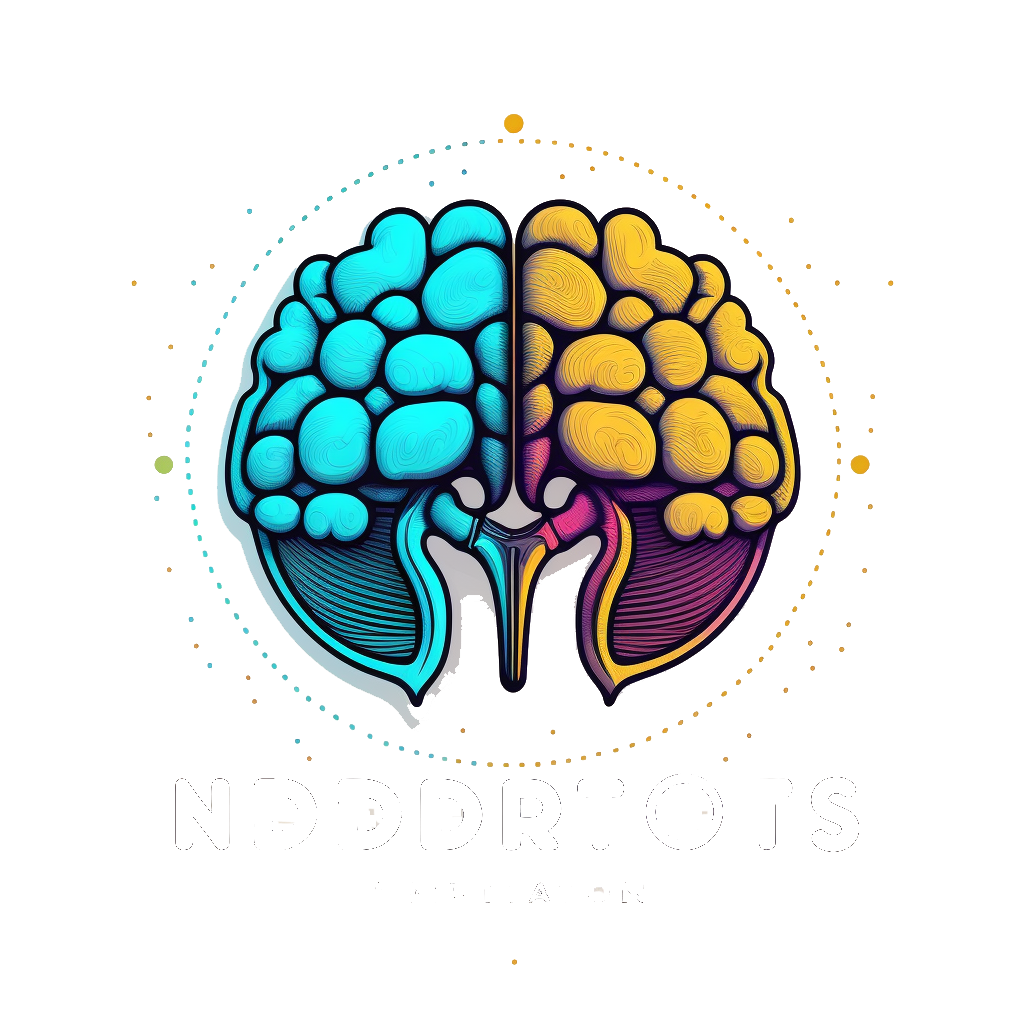Ashwagandha is an ancient herb that has been used for centuries in traditional Ayurvedic medicine. It has gained significant popularity in recent years for its potential cognitive-enhancing effects and overall well-being benefits. Ashwagandha is known for its adaptogenic properties, meaning it helps the body adapt to stress and promotes a sense of balance. In this article, we will explore Ashwagandha’s nootropic effects and highlight its top three pros.
Stress Reduction and Mood Enhancement
One of the key benefits of Ashwagandha is its ability to reduce stress and promote a positive mood. It is believed to work by regulating the body’s stress response system, including the hypothalamic-pituitary-adrenal (HPA) axis. By modulating the levels of stress hormones like cortisol, Ashwagandha helps the body better manage and adapt to stress. This can lead to a reduction in anxiety and improved mood. Users often report feeling more relaxed, less anxious, and better able to handle daily stressors.
Improved Cognitive Function and Memory
Ashwagandha has shown promise in enhancing cognitive function and memory. It is believed to have neuroprotective effects and the ability to support the growth of nerve cells in the brain. Ashwagandha’s active compounds, such as withanolides, have been found to promote synaptic plasticity, which is crucial for learning and memory formation. Studies have shown that Ashwagandha supplementation can improve cognitive performance, attention, and information processing speed. Users often report enhanced mental clarity, improved focus, and better memory recall.
Enhanced Energy and Vitality
Ashwagandha is also known for its potential to increase energy levels and promote vitality. It helps the body adapt to physical and mental fatigue, making it a popular choice among athletes and individuals seeking to boost their overall energy levels. Ashwagandha is believed to support the production of adenosine triphosphate (ATP), which is the body’s main energy molecule. By improving cellular energy production, Ashwagandha may contribute to increased stamina, reduced fatigue, and improved physical performance. Users often report feeling more energized, experiencing better endurance, and having an overall sense of vitality.
It’s important to note that individual responses to Ashwagandha may vary. Some users may experience significant improvements in stress reduction, cognitive function, and energy levels, while others may have a more subtle response. Factors such as dosage, duration of use, and individual biochemistry can influence the outcomes.
Ashwagandha is generally well-tolerated, but it is advisable to follow recommended dosage guidelines and consult with a healthcare professional, especially if you have underlying medical conditions or are taking other medications. The typical dosage of Ashwagandha extract ranges from 300 to 600 mg per day, divided into two or three doses.
In addition to its cognitive-enhancing effects, Ashwagandha offers a range of other potential health benefits. It has been studied for its anti-inflammatory properties, use as a well-known adaptogen, immune system support, and potential role in managing conditions such as anxiety, depression, and insomnia. Ashwagandha’s overall impact on well-being, stress reduction, and cognitive function make it a valuable herbal supplement for individuals looking to optimize their mental and physical performance.
Ashwagandha is, first and foremost, an adaptogenic herb that offers several potential nootropic benefits. Its ability to reduce stress, enhance mood, improve cognitive function and memory, and increase energy and vitality are among its top pros. Individual responses may vary, and it is important to follow recommended dosage guidelines and seek professional guidance.
